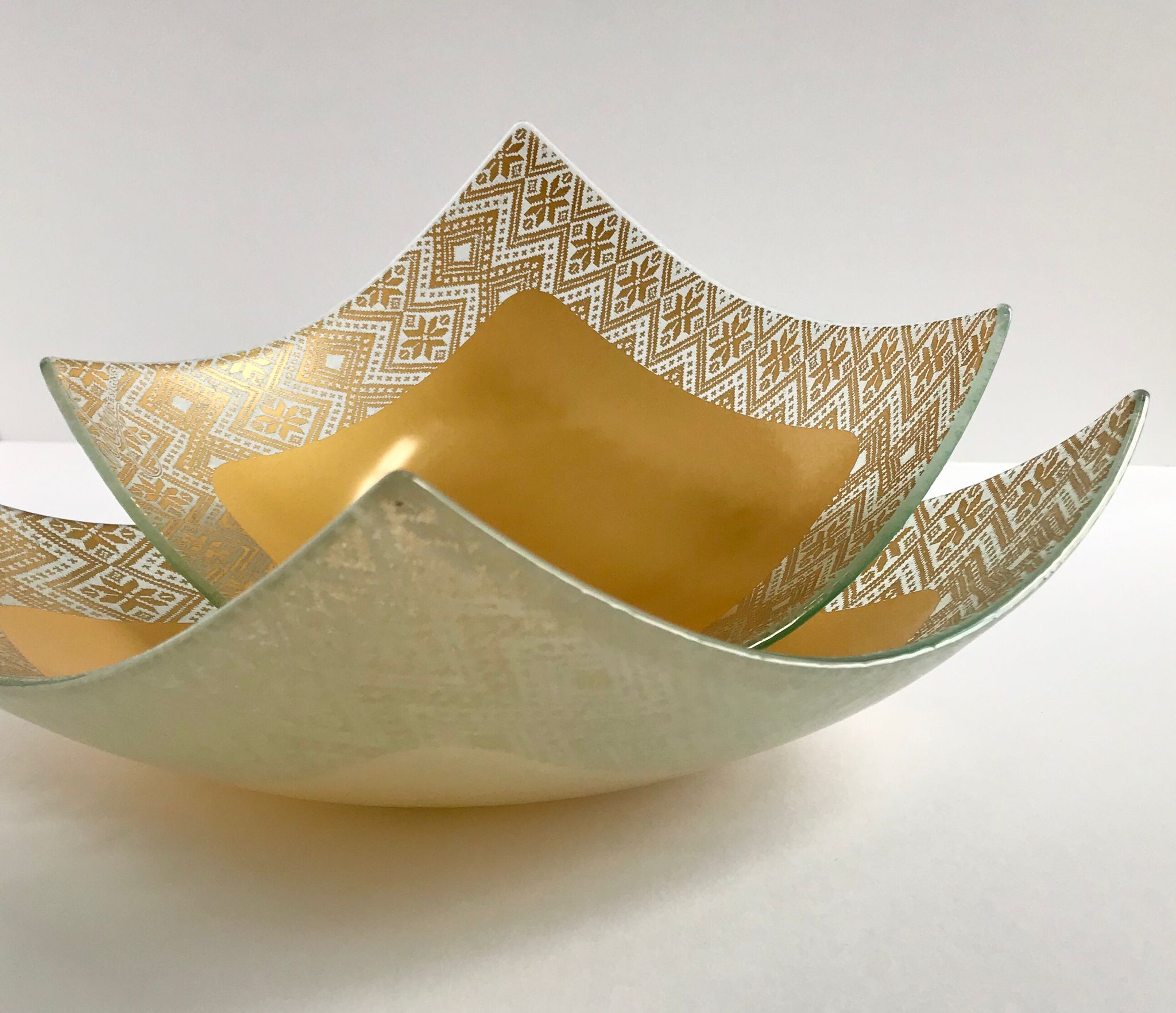Original Story Published by: Max Grobe for Highsnobiety
Photography courtesy of: Orange Culture
CMN was followed by Mauritius’ Sir Seewoosagur Ramgoolam International Airport and Self-taught designer Adebayo Oke-Lawal started Orange Culture in his hometown of Lagos, Nigeria in 2011. The origins of his brand started when he was 17 years old, following an essay published online. Titled An Orange Boy, the essay mused on feelings of otherness, acceptance, and vulnerability in Nigeria’s patriarchal culture, and triggered an overwhelming response from people who, like Oke-Lawal, felt like outsiders.
Now, Orange Culture has gone beyond the usual remit of a fashion label, harnessing the power of individuality as a strength (and a design cue) to challenge some of the more unyielding gender stereotypes found in Oke-Lawal’s home country.

Wearable, androgynous menswear is the brand’s calling card, offering a shift from traditional Nigerian socio-cultural customs and expectations. A few years after its launch, the label has expanded considerably, striking a chord with outliers, misfits, and rebels everywhere. In recognition of this, Orange Culture made the shortlist for the LVMH Prize in 2014, as well as being the first Nigerian brand to show at London Fashion Week Men’s.
“People like their brands and their clothes to have a story,” says Oke-Lawal. This is true. In today’s media-fashion-hybrid landscape, a strong narrative is considered essential to lift your brand above the competition, but it has to feel authentic. “Fashion can be used to push important messages and to create conversations,” he continues.
“People want clothes that speak about culture, combat political backwardness, and pass on emotions. This allows me as a fashion designer to truly be an artist and to use art to fight, push for love, and to ward off ridiculous stereotypes.”

In spite of Oke-Lawal’s good intentions, Orange Culture’s message wasn’t well-received in Nigeria at first. His first collection was met with less-than-favorable reaction locally. In fact, Oke-Lawal was told he would “perish in hell” for creating such “demonic” clothing. “The backlash was insane and I got quite a lot of hateful messages about trying to change men,” he says.
To read the full article, visit Highsnobiety.









